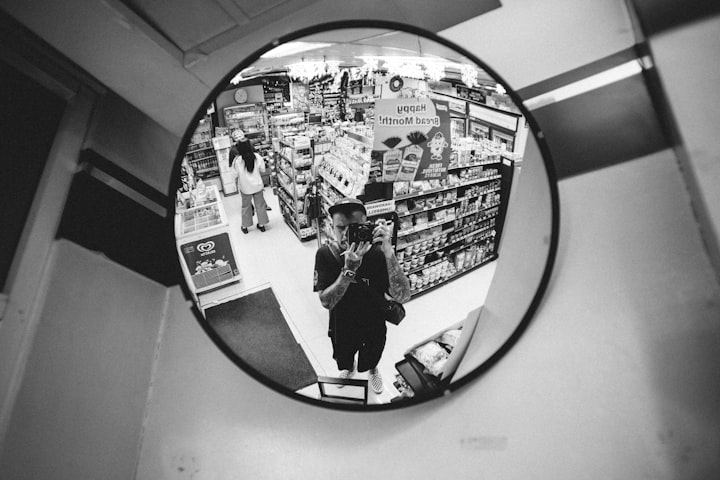
Grief.
I lost my brother Ian when I was twelve. He was fourteen. Apparently, it was a swimming accident, but I’ll never know what really happened to him. After he died I was told that grief comes in five stages. Denial, anger, bargaining, depression and finally sweet acceptance.
Denial. Thinking that the person you lost is just at work, or school, or, doing anything mundane. Always forgetting that they’re not walking around on the Earth anymore. And once you remember you get hit with an overwhelming lack of feeling. The numbness hits like a tidal wave crashing on the beach. After a few waves of numbness hit that’s when the rush of anger does as well.
Anger. Being absolutely, blindingly angry at the person for dying, thinking, “How could you leave me?” How could they do that to you? Being furious at others for not knowing what you are going through. For not knowing how much pain you are in, you want to reach out for help but no one understands. They never will. That makes you even more angry because you are jealous of them. They never lost someone they loved like this. They will say something like, “I’m sorry for your loss,” you will think to yourself that they aren’t really sorry, they’re just sorry to see you hurting.
Underneath anger is pain, your pain. You feel deserted and abandoned. Then you get angry at someone, anyone. A person who did not attend the funeral, a person who isn’t around anymore, a person that changed now that your loved one has died. The anger is something to hold onto, and you cling to it as if it was your life raft keeping you from drowning in the ocean of depression. The anger is just an indication of the intensity of your love.
Your anger is strength.
Bargaining for their lives back, pleading with God or some other supernatural superior presence. “Please God, give me them back.” Thinking, “If only there was something I could’ve done.” There wasn’t and there isn’t. Your mind will become lost in a maze of “If only…” or “What if?” pleas. You want your loved one back. You'll beg a higher power to go back in time: find the tumor sooner, recognize the illness more quickly, stop the accident from happening. You'll want to love them harder, forgive them easier, reverse all of the times you were angry with them.
If only, if only, if only.
A guilty mind is often bargaining’s companion. The “if only” will cause you to find fault in yourself and what you “think” you could have done better. You might even bargain with your pain. You will do anything not to feel the pain of your loss. You nitpick the past, trying to think your way out of the searing pain of loss.
Depression. This depression is like nothing you have experienced before. You can’t eat. You can’t shower. You can’t get out of bed. Everyday mundane things suddenly feel as difficult as climbing Mount Everest. A feeling of emptiness comes, and grief enters your life on a deeper level, more profound than you thought possible. This depression feels never-ending. You fall into a dark hole, spiraling, down, down, down. The hole seems never-ending.
You withdraw from life, left in a fog of intense sadness, wondering if there is any point in going on alone? Why go on at all? When the loss fully settles in your soul, the realization that your loved one didn’t get better this time and is never coming back is soul crushing. If grief is a part of the healing, then depression is one of the worst steps along the way.
Acceptance. You'll never feel okay or all right about losing your loved one, but you start being okay with being alone, accepting the reality that your loved one is physically gone and recognizing that this new reality is your permanent reality. You will never like this reality or make it okay, but eventually, you accept it. You learn to live without your person, and you learn to be okay without them.
They say that time heals all wounds, but that's just not true.
Time only helps to re-learn who you are after your loss. It only helps to re-learn how to be happy again, and not feeling guilty for feeling happy without your loved one. As you begin to live again and enjoy your life, we often feel that in doing so, we are betraying our loved one. You will never replace what you lost, but you learn to be okay. You reinvest yourself in your friendships and your relationship with yourself. You begin to live again.
They say that time heals all wounds, but that's just not true.






Comments
There are no comments for this story
Be the first to respond and start the conversation.